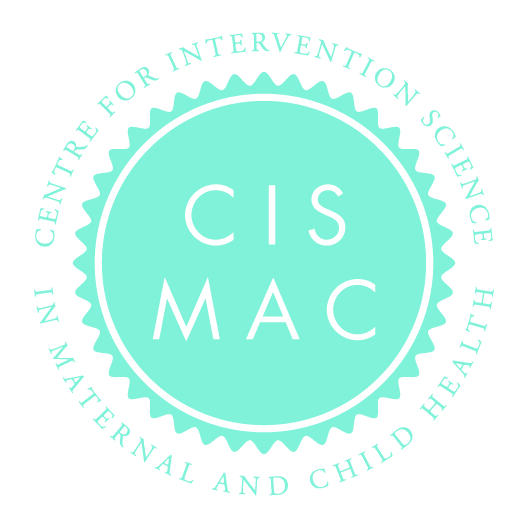Advanced Epidemiology
Advanced course in Epidemiology arranged by Centre for Intervention Science in Maternal and Child Health (CISMAC) in collaboration with BCEPS and the Norwegian Research School Of Global Health. Course will be held in-person at UiB campus.

Main content
Faculty
Matthew Fox, DSc, MPH, (https://www.bu.edu/sph/profile/matthew-fox) is a Professor in the Departments of Epidemiology and Global Health at Boston University. Dr. Fox is a graduate of the Boston University School of Public Health with a master’s degree in epidemiology and biostatistics and a doctorate in epidemiology. His research interests include treatment outcomes in HIV-treatment programs, infectious disease epidemiology (with specific interests in HIV and pneumonia), and epidemiologic methods. Dr. Fox works on ways to improve retention in HIV-care programs in South Africa. As part of this work, he is involved in analyses to assess the impact of changes in South Africa’s National Treatment Guidelines for HIV. Dr. Fox also does research on quantitative bias analysis and co-authored a book on these methods, Applying Quantitative Bias Analysis to Epidemiologic Data (http://www.springer.com/public+health/book/978-0-387-87960-4). He is also the host of a public health journal club podcast called Free Associations designed to help people stay current in the public health literature and think critically about the quality of research studies (https://populationhealthexchange.org/library/podcasts/free-associations/). He currently teaches a third-level epidemiologic methods class, Advanced Epidemiology as well as two other doctoral level epidemiologic methods courses.
Course Content
Introductory and intermediate courses in epidemiological methods teach students the concepts needed to begin a career conducting valid epidemiological research; however these courses typically only briefly cover the causal models that should underlie the design of valid epidemiological studies. We will use these models as a jumping-off point to begin rethinking what we have already learned and to go further in our understanding of basic concepts of measures of effect, confounding, misclassification and selection bias. From there we will begin to question the implications of various sources of bias in our studies and we will work through novel methods and approaches for doing more than simply speculating about these biases. We will then finish by exploring the basic statistics used in epidemiological research and we will correct misunderstandings about what these statistics can tell us.
Throughout the course we will focus on the core concepts of validity (lack of systematic error) and statistical precision (lack of random error) and will will further develop our understanding of these central concepts. We will emphasize the development of skills that every doctoral level epidemiologist should have, skills that are both practical and marketable.
At the end of the week participants should be able to:
- Use the sufficient cause model, counterfactual susceptibility type model, and a causal graph to assist with the design or analysis of an epidemiologic study.
- Calculate adjusted measures of effect and select those that, when collapsible, correspond to the no-confounding condition. Use the adjusted measures of effect to estimate the direction and magnitude of confounding.
- Distinguish effect measure modification, interdependence, and statistical interaction from one another as separate - but related - concepts of interaction.
- Identify the likely magnitude and direction of bias due to misclassification of exposure, outcomes, confounders and modifiers.
- Weigh the advantages and disadvantages of significance testing.
- Compare the advantages and disadvantages of frequentist and Bayesian approaches to analysis of a single study, to evidence, and to changing your mind.
Who can attend and how?
PhD students, postdoctoral fellows and faculty members with a background in medicine, biology, dentistry, statistics, mathematics, social and health sciences. If recommended by their institutions, also Masters students that hold adequate competence in epidemiology will be considered as course participants.
The course qualify for 2 ECTs
The course will be held at Alrek on UiB campus.
Registration
Do you wish to participate please register here: Registration is now closed, course is full
Note that there will be a maximum number of participants. If the course is overbooked, priority will be given to applicants who are affiliated with CISMAC, BCEPS, CIH or IGS at UiB, Norwegian Research School of Global Health, the Norwegian Institute of Public health, Chr. Michelsens Institute and Innlandet Hospital Trust
Prerequisites and pre-course studies Prerequisite - a good understanding of Kenneth J. Rothman “Epidemiology- an introduction” (ISBN 9780199754557, https://www.akademika.no/epidemiology/rothman-kenneth-j/9780199754557)
A good command of English is required.
Language
English


